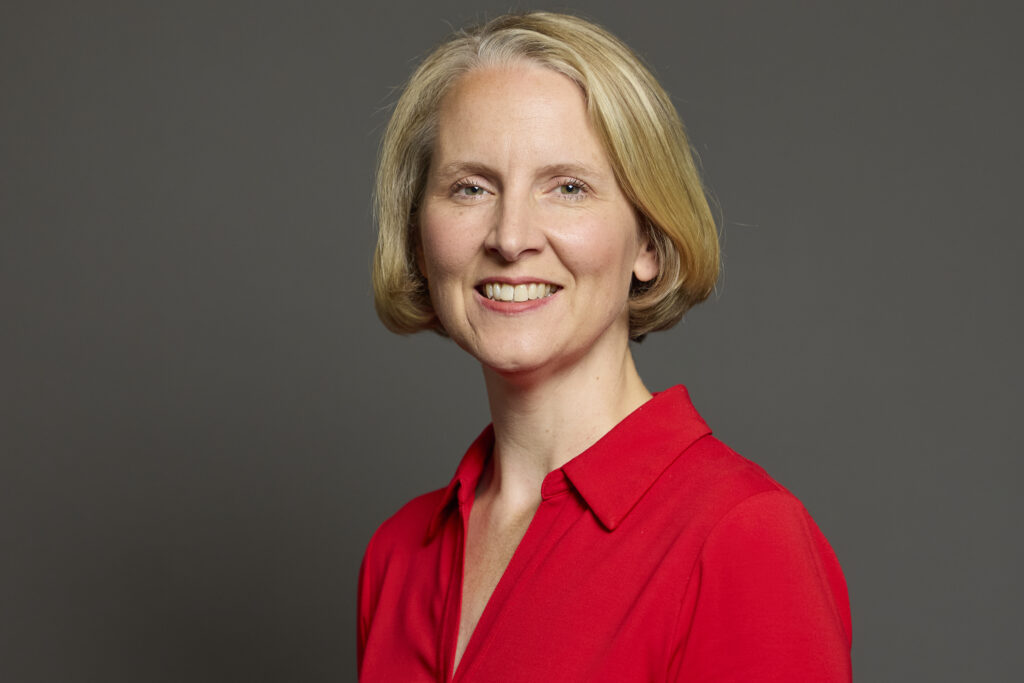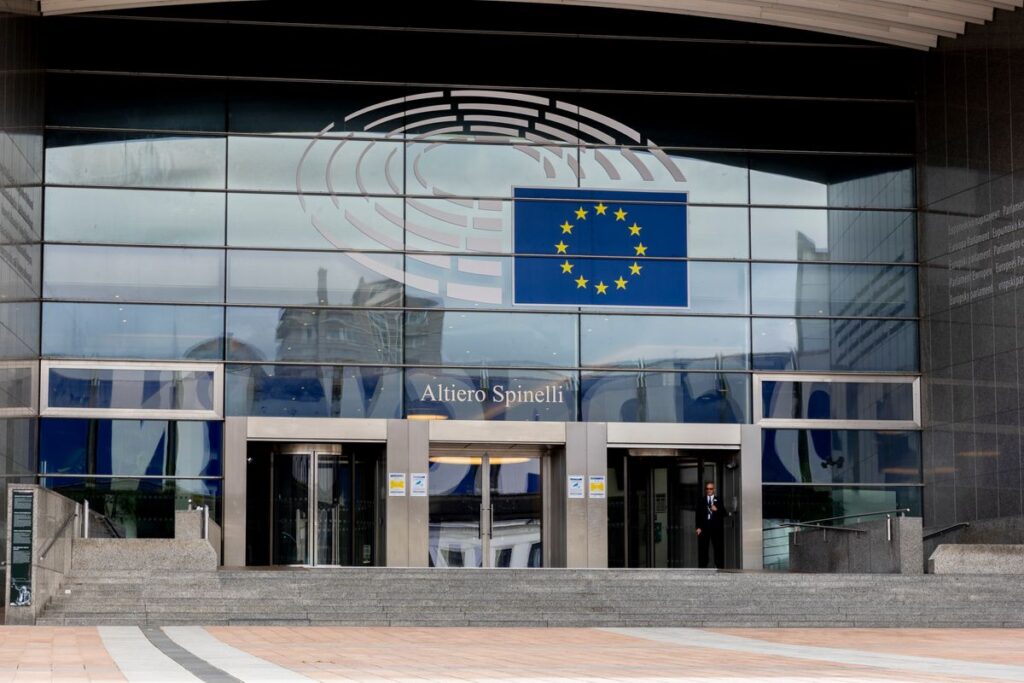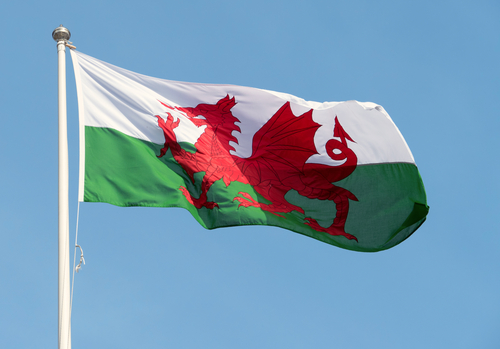The move sees Steve Reed, who has led Defra since July 2024, take over Rayner’s former role as Secretary of State for Housing, Communities and Local Government, following her resignation.
Defra appointments
Reynolds, elected as Member of Parliament for Wycombe in 2024, previously served as Economic Secretary to the Treasury. She has joined the Cabinet for the first time.
She also represented Wolverhampton North East between 2010 and 2019 before returning to the Commons last year.
Writing on X, Reynolds said she was “delighted to be appointed to the Cabinet as Secretary of State for Defra and look forward to building on the excellent work of Steve Reed – cleaning up our rivers, backing British farming and ensuring nature’s recovery.”
The reshuffle also saw Dame Angela Eagle leave the Home Office, where she had served as Minister for Border Security and Asylum since July 2024.
Eagle, who was elected MP for Wallasey in the 2024 General Election, has now been appointed Minister of State.
Circular Economy Strategy due in autumn
In March 2025, Reed announced a new plan to reduce waste across UK industries as part of the government’s wider “Plan for Change.”
The plan included the work of the Circular Economy Taskforce, which confirmed the first five priority sectors it will focus on: textiles, transport, construction, agri-food, and chemicals and plastics.
The Taskforce has been working with these sectors to create a series of specific roadmaps to improve and reform the approach to using materials, underpinned by a Circular Economy Strategy which will be published in Autumn.
Industry reactions
David Palmer-Jones, CEO of CIRQLR, commented on the announcement: “A new environment secretary in Emma Reynolds but we expect the same commitment under her leadership at DEFRA to drive forward the green jobs and collective move to a more circular economy that the Prime Minister looks set to build upon as he pushes forward with his growth and employment agenda with his strengthened cabinet.
“With Mary Creagh providing Reynolds a continuity of leadership support at the under secretary level, businesses feel positive that the drive towards greater circularity remains on track, so clearly set out within weeks of this administration coming to power in July last year.”
Jacob Hayler, Executive Director of the ESA, said: “Emma Reynolds joins Defra at a critical time as it begins to implement long-overdue policy reforms that will unlock billions of pounds worth of investment in the UK’s circular economy – creating thousands of green jobs; delivering essential infrastructure; helping the UK become a less wasteful society, and making life easier for householders across England.
“Working together, and with the correct policy in place, we believe we can achieve and exceed the Government’s resource-productivity and waste reduction targets a full decade early, in accordance with the ESA’s Vision for a Circular Economy by 2040.
“Retaining the expertise and experience of Mary Creagh within Defra’s ministerial team also brings much welcomed continuity to the department’s leadership, which is important for helping Defra and other stakeholders, including the ESA, urgently address the market challenges facing the recycling and waste treatment sector, which currently threaten further investment in domestic recycling and reprocessing capacity, particularly for plastics.”
NAWDO added: “It is critical that momentum is maintained on the Collection & Packaging Reforms, with the Government needing to play an ongoing role in bringing sectors together to work collaboratively on delivering change.
“NAWDO believes that further reforms must be introduced under the Circular Economy Strategy, if the UK is to achieve a wholesale shift towards more sustainable use of raw materials and energy.
“NAWDO is keen to work with the new Secretary of State and her team to ensure that infrastructure can be brought forward across the country to support the Government’s agenda, and would encourage Ms Reynolds to engage closely with local authorities as early as possible to understand how DEFRA’s policies and plans fit into the wider context of Local Government Reform and the planned Emissions Trading Scheme.”









Subscribe for free